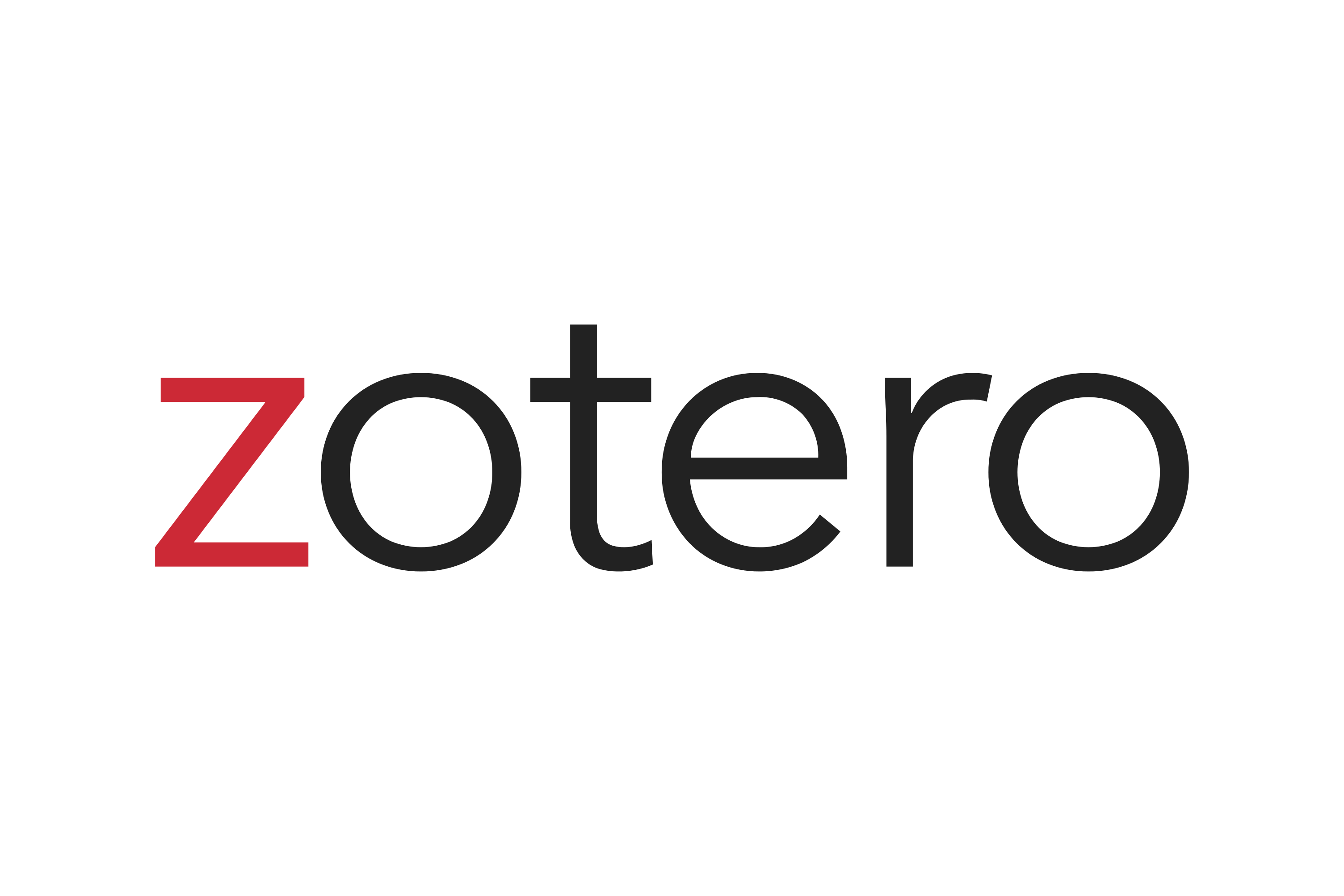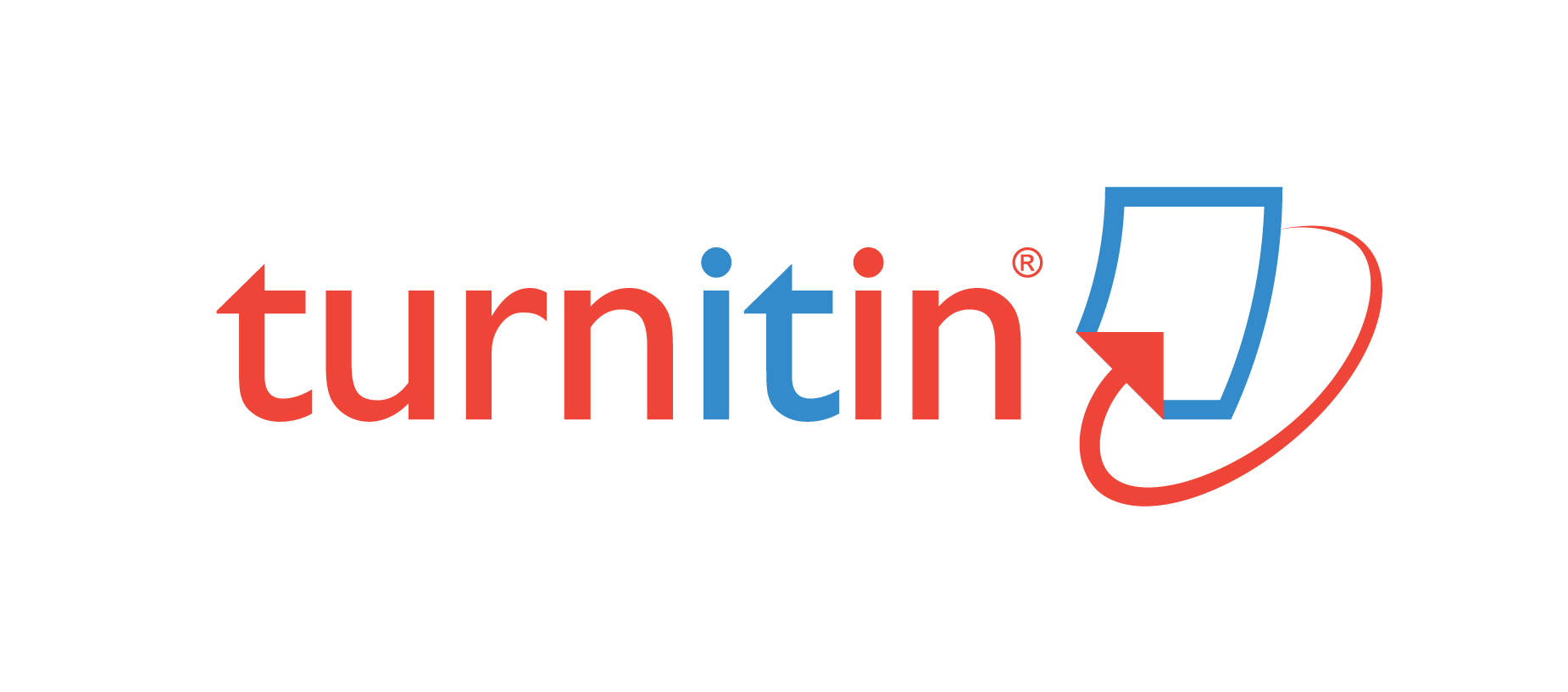ELEMENTS OF RIBA IN THE PHENOMENON OF ONLINE LOANS (PINJOL) ACCORDING TO M. SYAHRUR
DOI:
https://doi.org/10.32678/alfath.v16i2.9633Keywords:
Interpretation, M. Syahrur, Usury, Online Loans (Pinjol)Abstract
This article discusses usury in the phenomenon of online loans according to Muhammad Syahrur. Online loans (Pinjol) have become a popular trend among various groups, including housewives and students. This article employs an analytical-descriptive qualitative approach and gathers data through literature. The aim of this research is to enrich the knowledge, especially in the field of interpretation (tafsir). The results obtained from this research indicate that in the context of usury, Muhammad Syahrur establishes clear limits for lenders, specifying that the maximum permissible interest rate is 100% of the loan amount that can be imposed on borrowers, and it must not exceed this limit. M. Syahrur also categorizes situations where interest rates can be applied and where they are not allowed. In conclusion, there are three classifications of situations: usury occurs when loans are given to individuals who are weak and unable to repay the loan, but they are charged interest. Usury arises when loans are distributed to individuals who can only repay the principal installment, but they are charged interest. Usury emerges when loans are distributed to individuals who are not entitled to receive charity or groups that should receive interest-free loans, with an interest rate exceeding twice the amount of the principal installment.
Downloads
References
al-Fauzan, Saleh. Fiqh Sehari-hari. Jakarta: Gema Insani, 2006.
Amroeni Drajat, M. Ag. Ulumul Qur'an. Jakarta: Premadamedia Group, 2018.
Antonio, Muhammad Syafi'i. Bank Syariah Teori ke Praktek. Jakarta: Gema Insani, 2001.
Ardiansyah. "Konsep Sunnah dalam Perspektif Muhammad Syahrur: Suatu Pembacaan Baru dalam Kritik Hadis." Jurnal MIQOT, Vol. 33 No. 1, 2009.
B., Halimah. "Konsep Hudud pada Hak-hak Perempuan Menurut Muhammad Syahrur." Jurnal al-Risalah, Vol. 11 No. 2, 2011.
Baidan, Nashruddin. Wawasan Baru Ilmu Tafsir. Yogyakarta: Pustaka Pelajar, 2021.
Basri. "Metode Tartil dalam Penafsiran al-Qur'an (Teori Interpretasi Muhammad Syahrur." Jurnal al-Wajid, Vol. 1 No. 2, 2020.
Hadi, Nur. "Bunga Bank antara Halal dan Haram." Jurnal El-Islam, Vol. 4 No. 2, 2017.
Kurdi. Hermeneutika al-Qur'an dan Hadis. Yogyakarta: elSAQ, 2010.
Mahmudah, Nur. "Al-Qur'an sebagai Sumber Tafsir dalam Pemikiran Muhammad Syahrur." Jurnal Hermeneutik, Vol. 8 No. 2, 2014.
Mas'ulah, Isnaini. "Legalitas Pinjaman Online Dalam Perspektif Hukum Islam." Jurnal Hukum Ekonomi Islam (JHEI), Vol. 5 No. 2, 2021: 129-136.
Mubarok, Ahmad Zaki. Pendekatan Strukturalisme Linguistik dalam Tafsir al-Qur'an ala M. Syahrur. Yogyakarta: eLSAQ Press, 2007.
Mustaqim, Abdul. Epistemologi Tafsir Kontemporer. Yogyakarta: Lkis, 2010.
—. Pergeseran Epistemologi Tafsir. Yogyakarta: Pustaka Pelajar, 2008.
Sabiq, Sayyid. Fiqh Sunnah . Jakarta: Tinta Abadi Gemilang, 2013.
Shihab, M. Quraish. Membumikan Al-Qur'an. Bandung: Al-Mizan, 2009.
Syahrur, Muhammad. al-Kitab wa al-Qur'an: Qira'ah Mu'ashirah. Dimasyq: al-Ahally li al-Thiba'ah wa al-Nasyr wa al-Tauzi, 1990.
—. Prinsip dan Dasar Hermeneutika Hukum Islam Kontemporer. Yogyakarta: Sukses Offset, 2007.
Zulaih, Eni. "Tafsir Kontemporer: Metodologi, Paradigma dan Standar Validasinya." Wawasan: Jurnal Ilmiah Agama dan Sosial Budaya, Vol. 2 No. 1, 2017.
Zulyadain. "Metodologi Tfsir Kontemporer (Studi Komparasi Atas Pemikiran Fazlur Rahman dan Muhammad Syahrur)." el-Umdah: Jurnal Ilmu Al-Qur'an dan Tafsir, Vol. 1 No. 2, 2018.
Downloads
Published
How to Cite
Issue
Section
License
Copyright (c) 2023 Sobina Fatmawati, Qithrotun Nida Aulia

This work is licensed under a Creative Commons Attribution-ShareAlike 4.0 International License.
Copyright Notice

Al-Fath: http://jurnal.uinbanten.ac.id/ is licensed under a Creative Commons Attribution-ShareAlike 4.0 International License
An author who publishes in Al-Fath agrees to the following terms:
- Author retains the copyright and grants the journal the right of first publication of the work simultaneously licensed under the Creative Commons Attribution-ShareAlike 4.0 License that allows others to share the work with an acknowledgment of the work's authorship and initial publication in this journal
- Author is able to enter into separate, additional contractual arrangements for the non-exclusive distribution of the journal's published version of the work (e.g., post it to an institutional repository or publish it in a book) with the acknowledgment of its initial publication in this journal.
- Author is permitted and encouraged to post his/her work online (e.g., in institutional repositories or on their website) prior to and during the submission process, as it can lead to productive exchanges, as well as earlier and greater citation of the published work (See The Effect of Open Access).
Privacy Statement
The names and email addresses entered in this journal site will be used exclusively for the stated purposes of this journal and will not be made available for any other purpose or to any other party.










